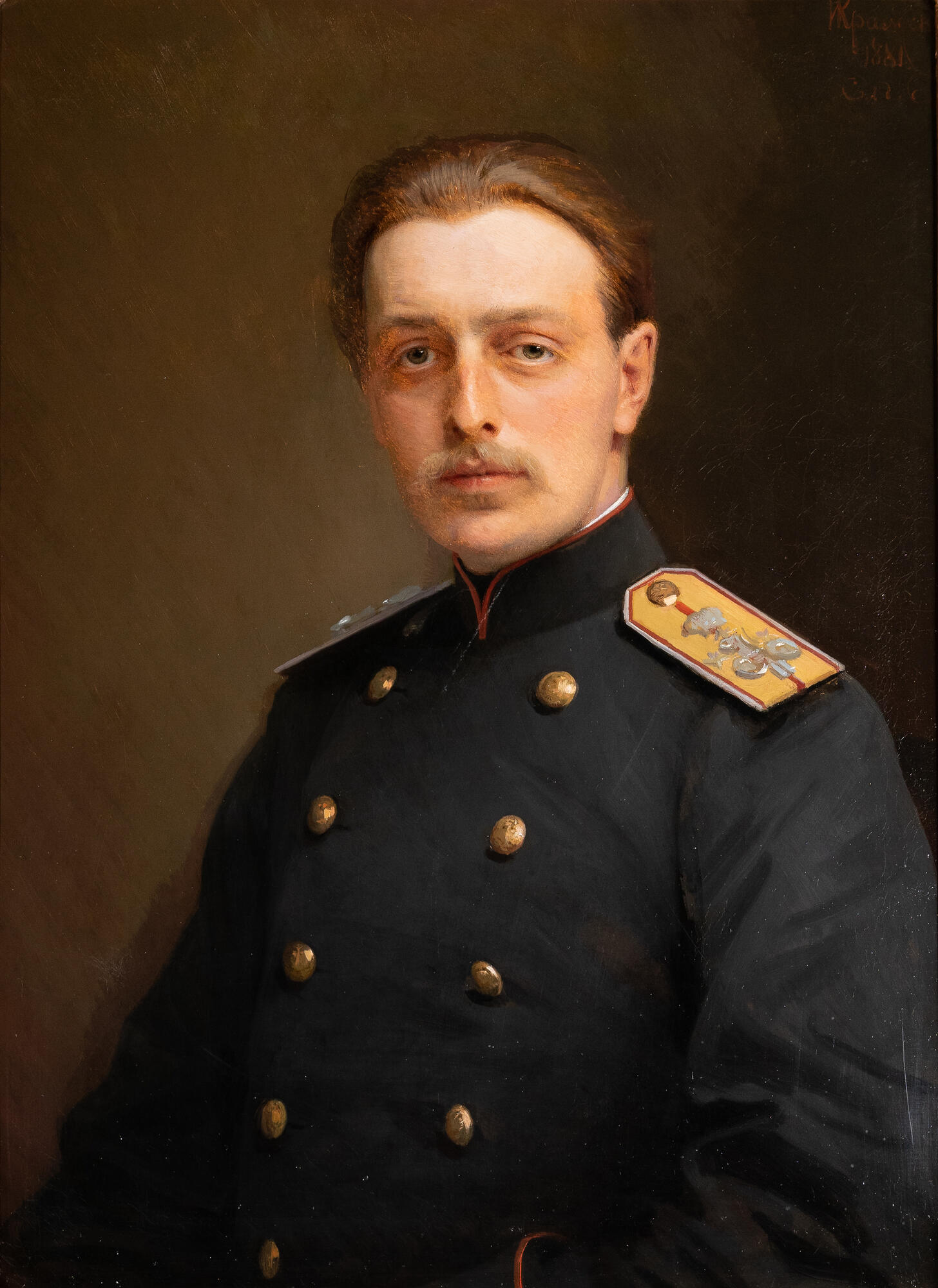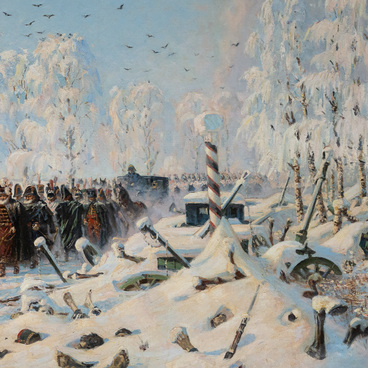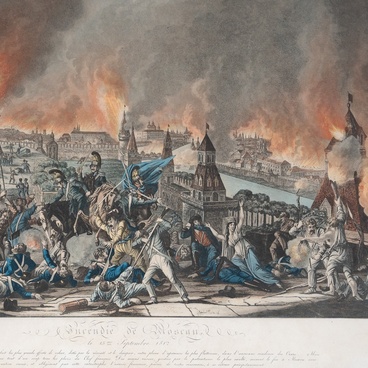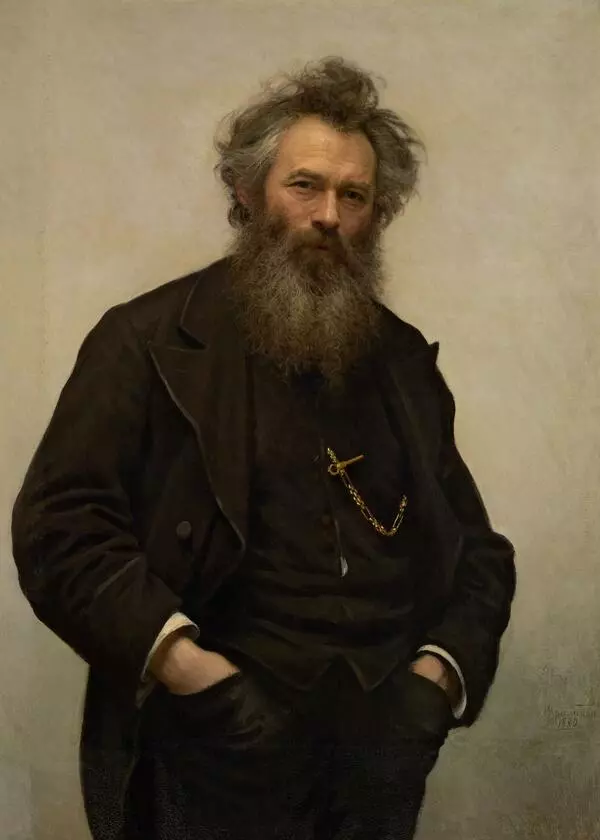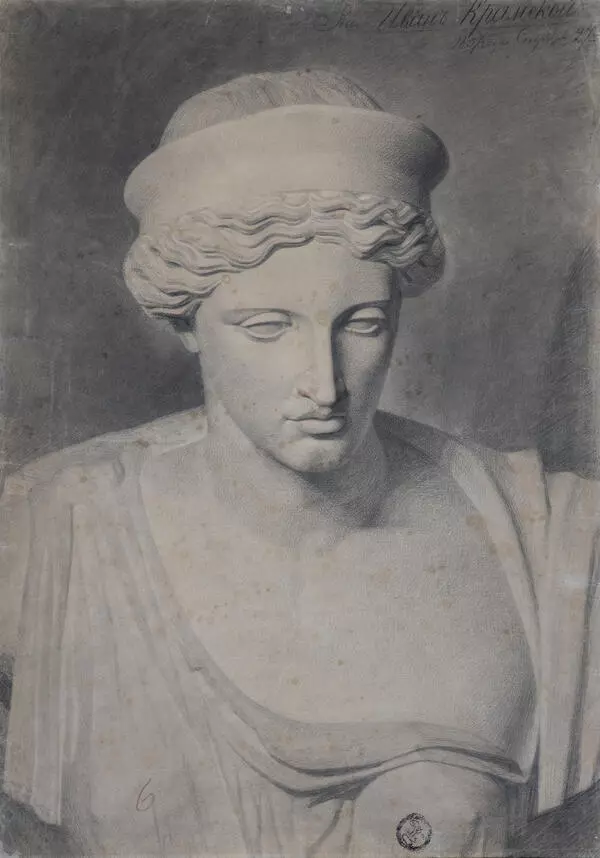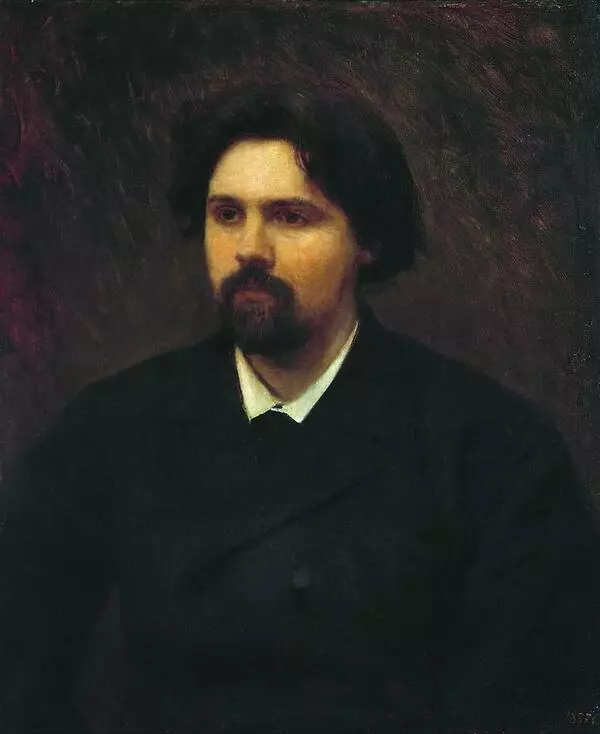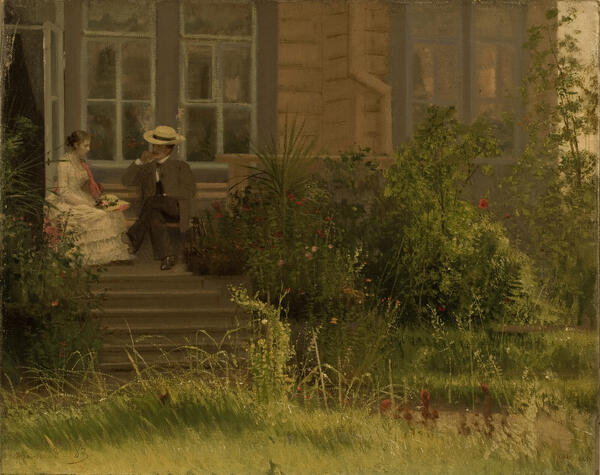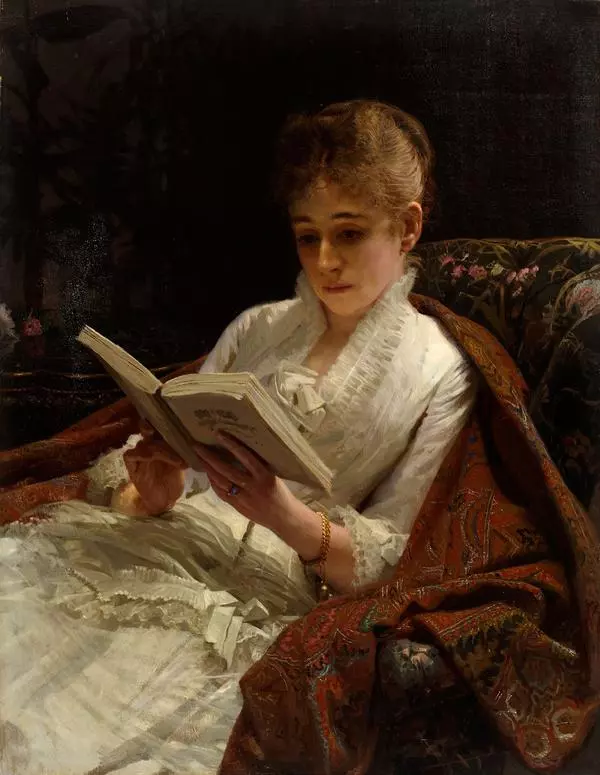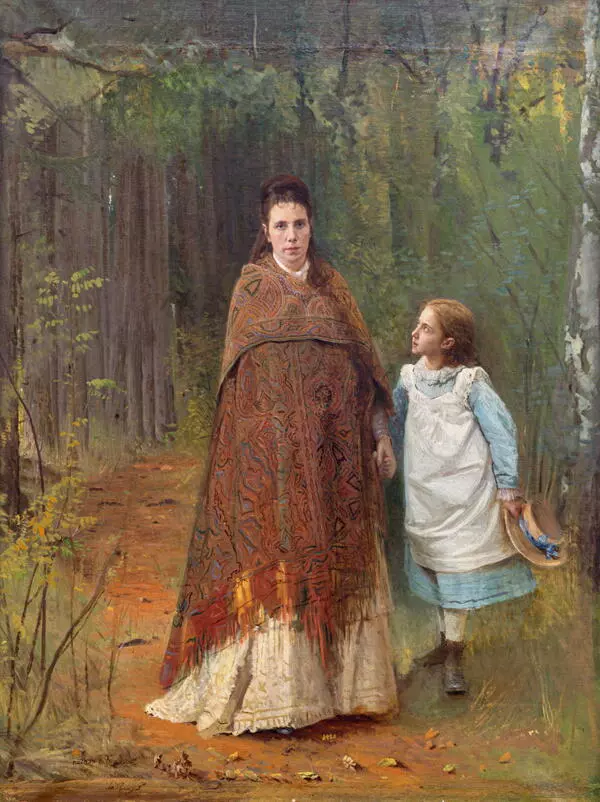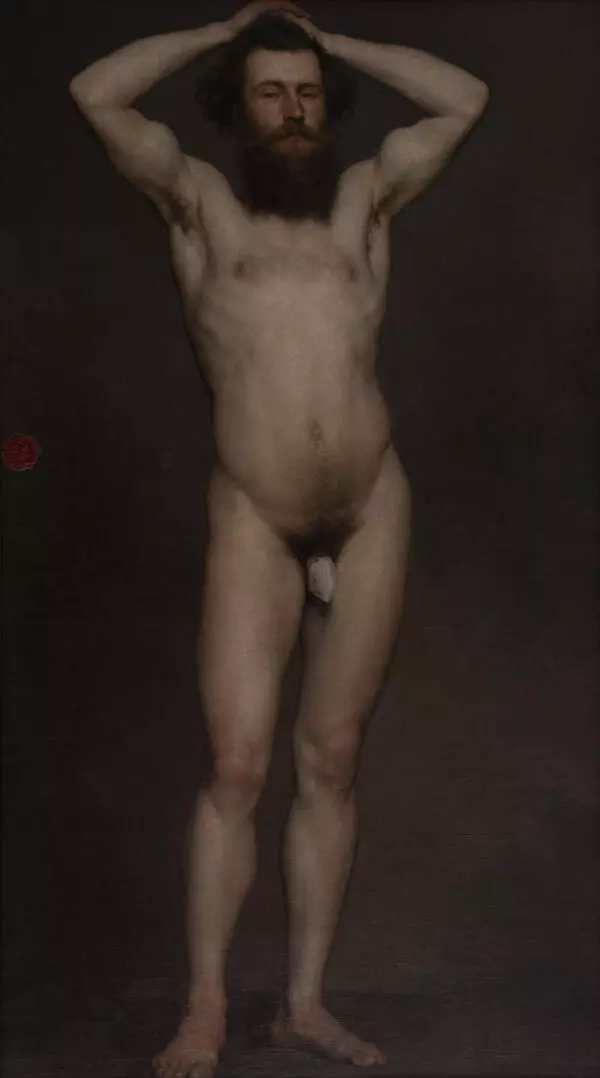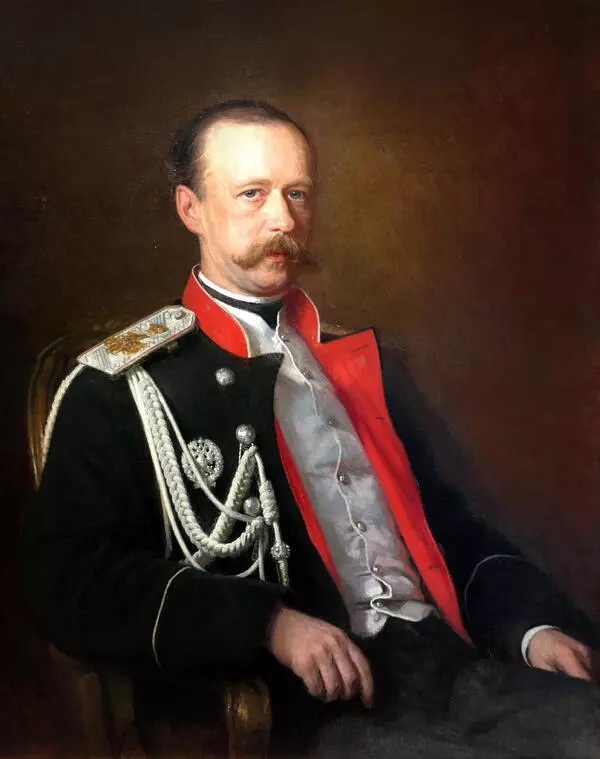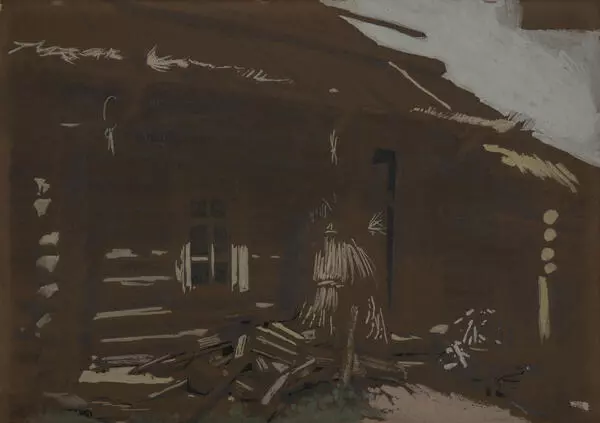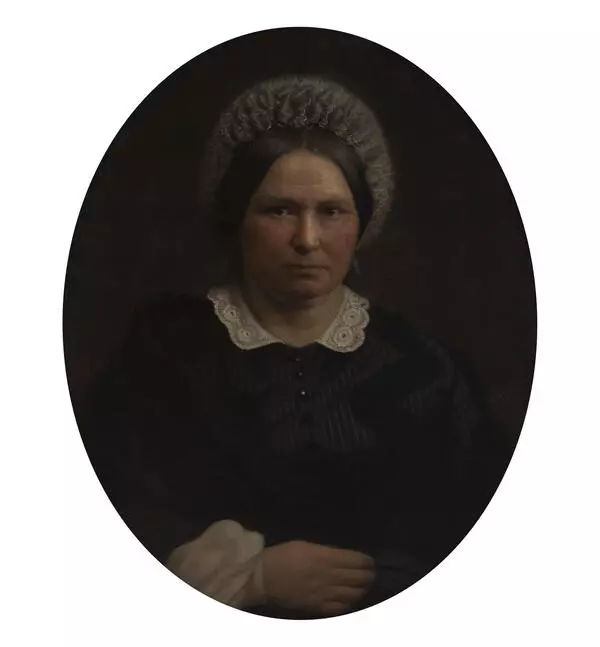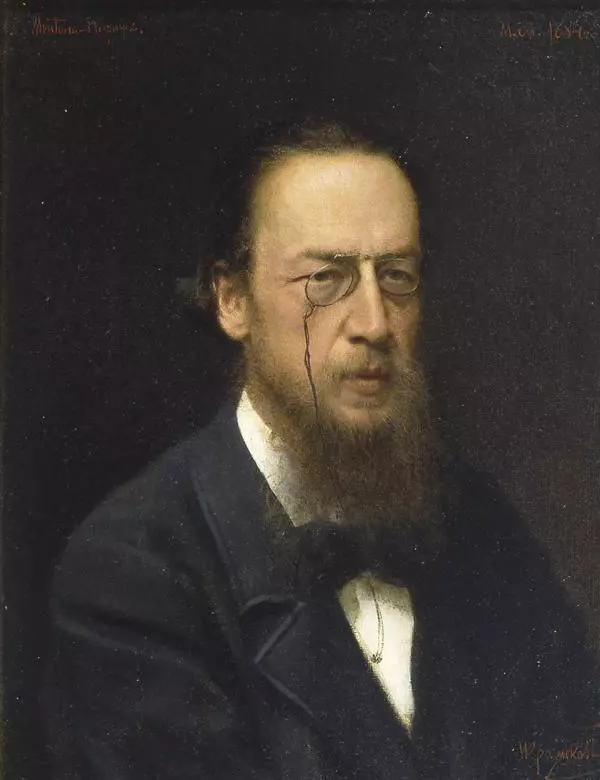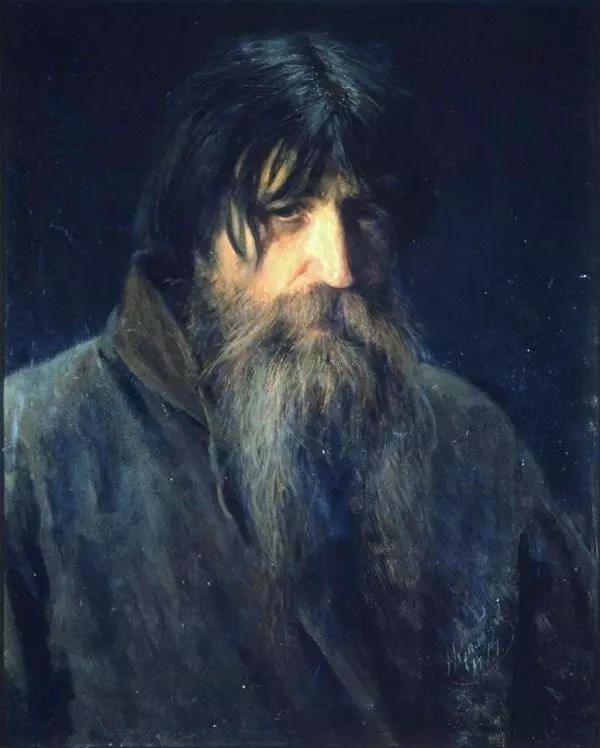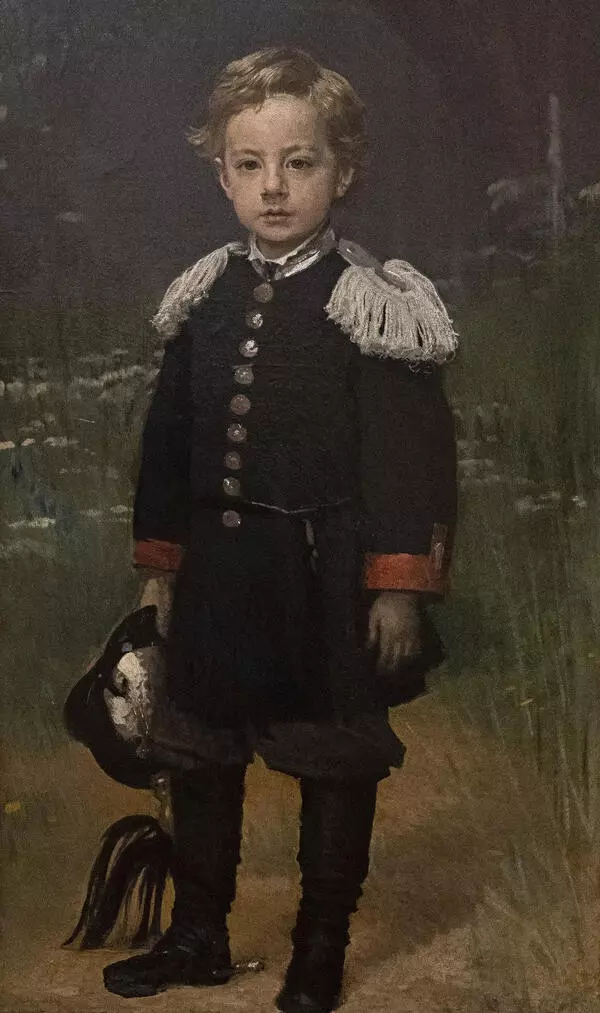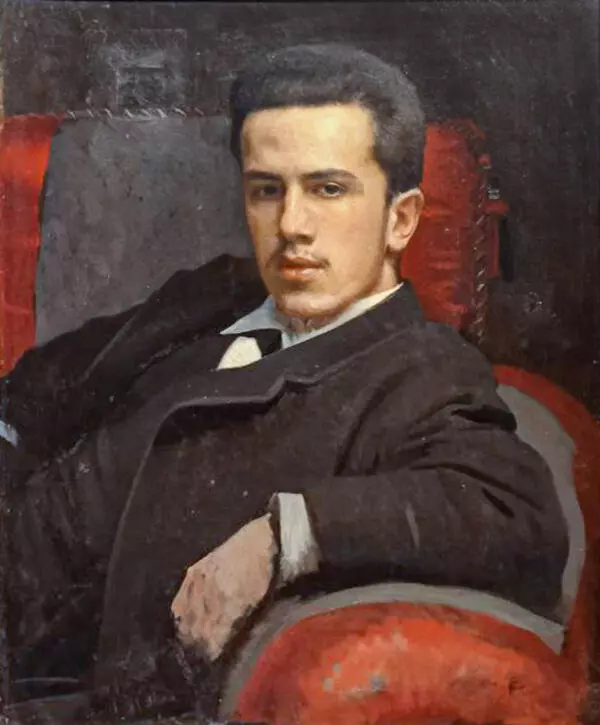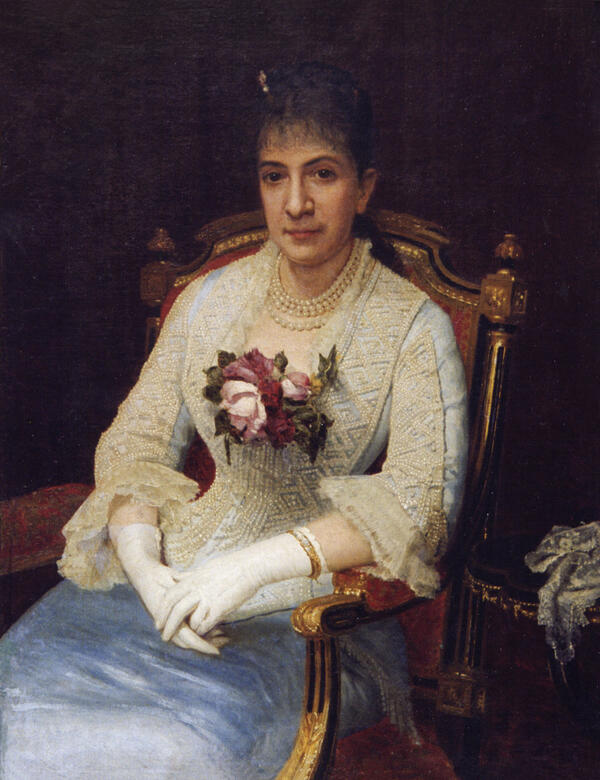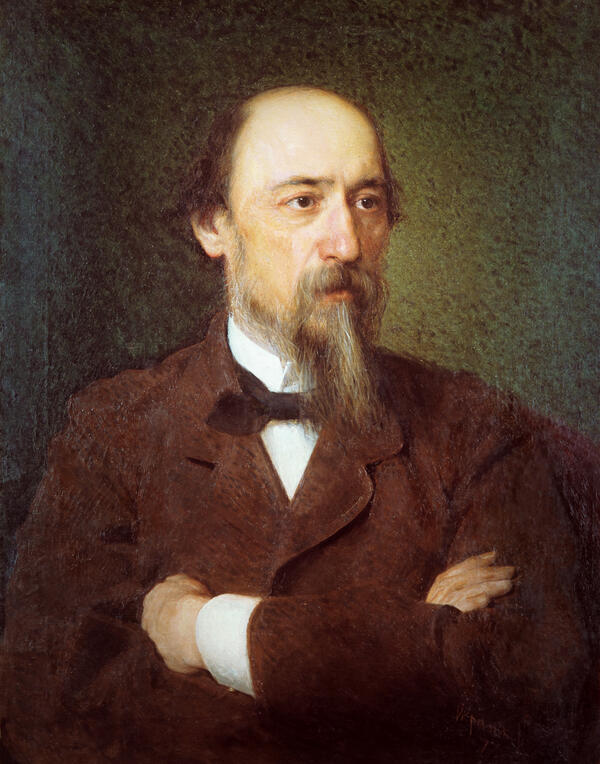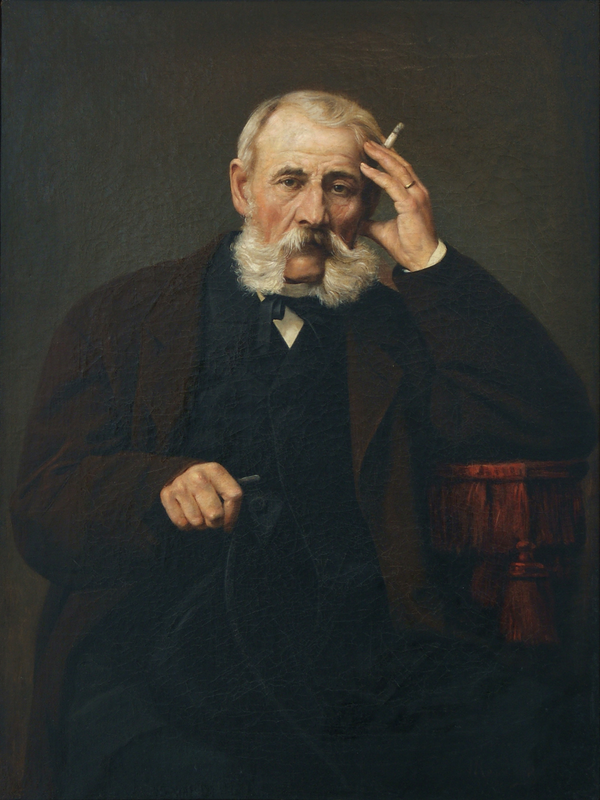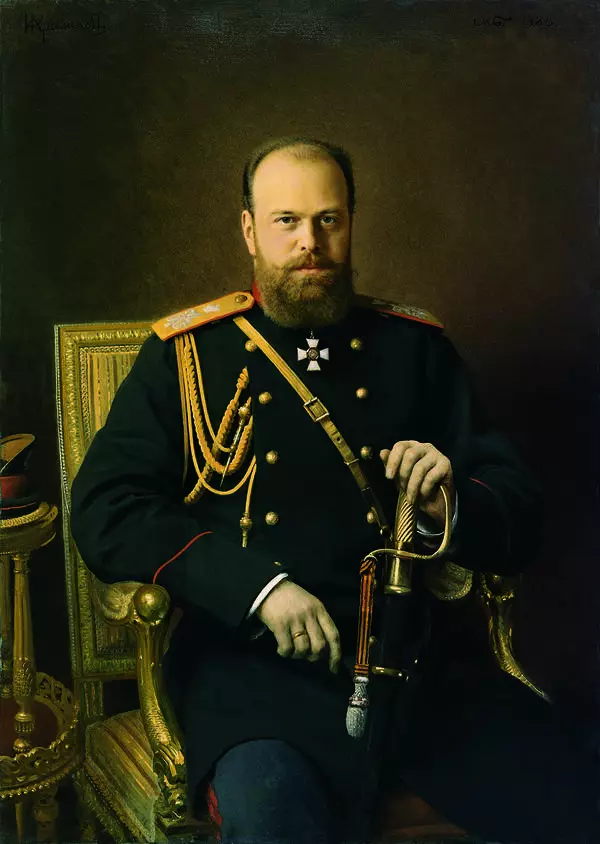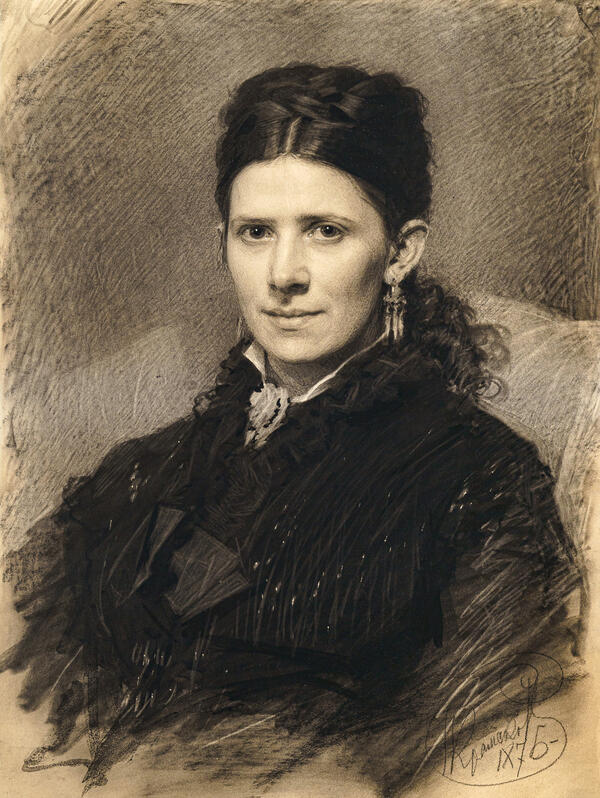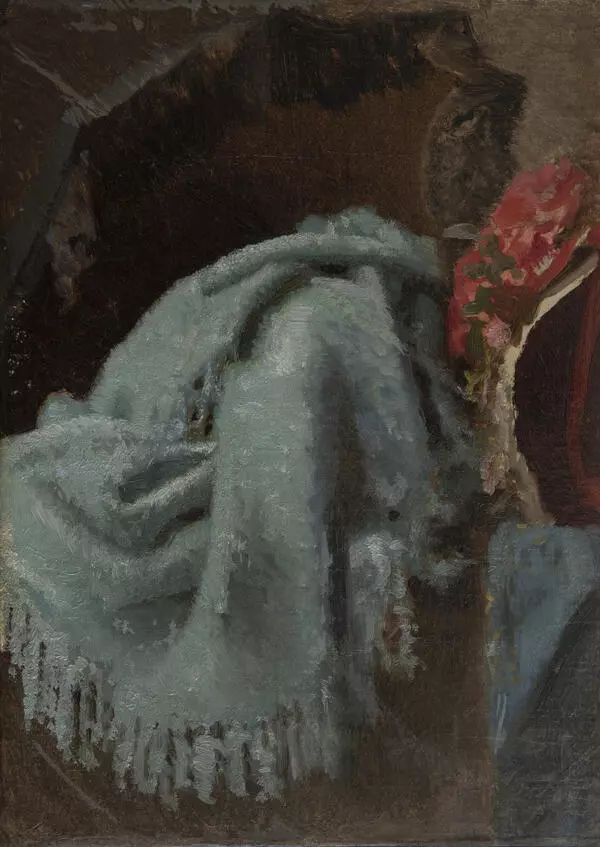Vladimir Chertkov was the leader of the Tolstoyans as a social movement, a close friend of Leo Tolstoy, editor and publisher of his works. He was born into a rich aristocratic family, who were related to Counts Stroganov and Shuvalov; he received an excellent education. His father was a famous military figure and writer. He served as an aide-de-camp under Emperor Nicholas I and as Adjutant-General under Alexander II and Alexander III.
Chertkov’s mother was a popular, intelligent and influential beauty and socialite who enjoyed the special favor of Empress Maria Feodorovna. Yelizaveta Chertkova was also known as a follower of the evangelical teachings of Lord Radstock. This trend became fashionable in the second half of the 19thcentury among the upper class, it was actively discussed in home salons. These discussions were recreated in detail in the Leo Tolstoy novel “Anna Karenina”.
The house of the Chertkovs in St. Petersburg was more than once visited by the royal couple. However, at the turn of the 1880s, Vladimir Chertkov revised his views and experienced a personal spiritual revelation. He became disillusioned with the idle life of the nobility, left military service and settled in his parents’ estate, where he devoted himself to charity and educating peasants. In 1883, he met Leo Tolstoy, becoming his friend and assistant. They shared common views on life and religion.
Vladimir Chertkov worked with the “Posrednik” (the “Intermediary”) publishing house, founded in collaboration with Leo Tolstoy. Its goal was to publish cheap, accessible books for the common people. Chertkov and Tolstoy sent letters to each other constantly, their correspondence subsequently amounted to five volumes of the writer’s complete collection of works. In 1897, Vladimir Chertkov was exiled to England for helping the Doukhobors. There he was able to publish the works of Leo Tolstoy that were banned in Russia and organize a repository of the writer’s manuscripts.
In 1928, Vladimir Chertkov initiated the publication of the “Complete Works of Leo Tolstoy” in 90 volumes, the work on which was completed after his death. Leo Tolstoy expressed his gratitude to Vladimir Chertkov in these words: